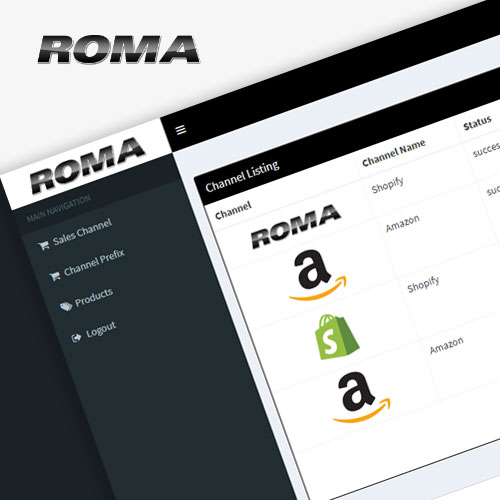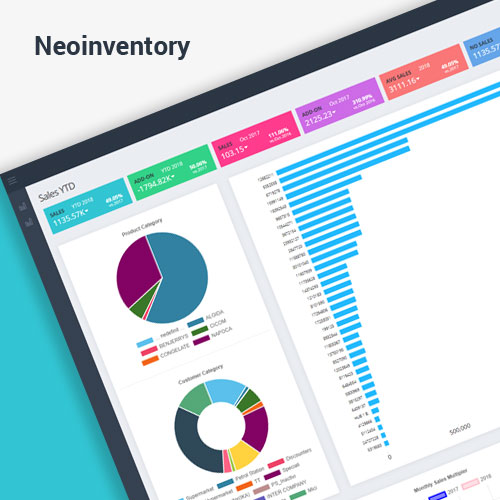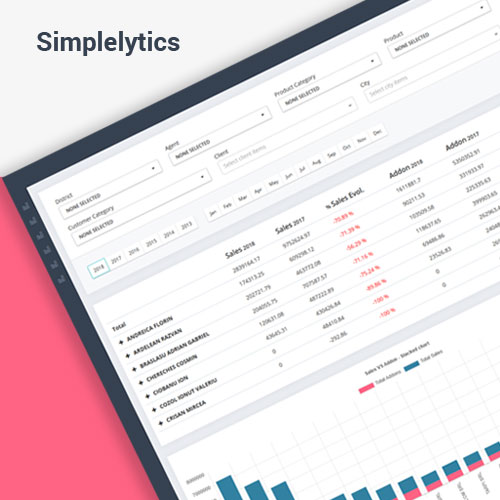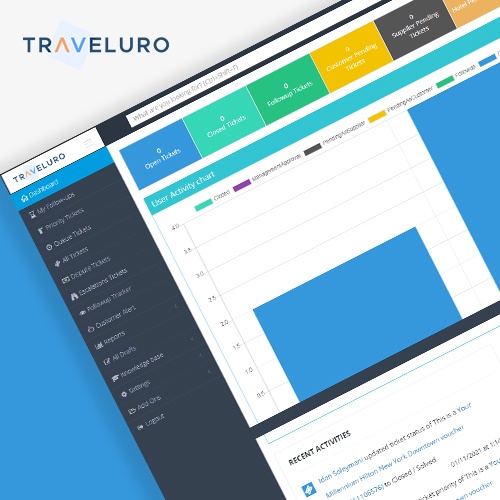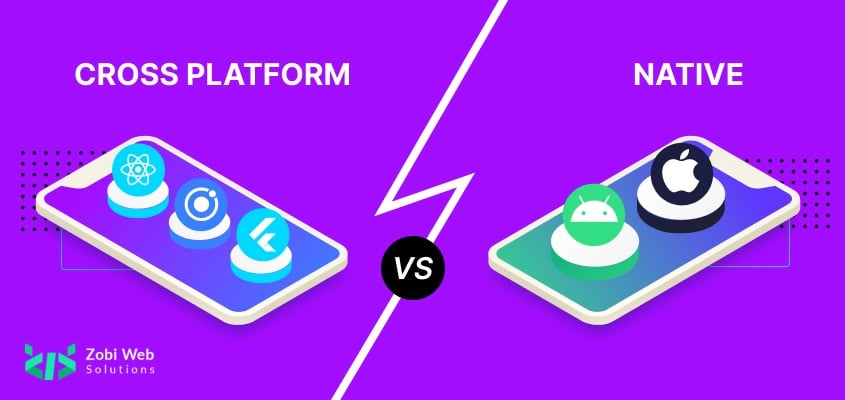
Mobile apps have become a central part of the enterprise, with mobile traffic now accounting for more than 50 per cent of all internet traffic, yet still many enterprises are hesitant to invest in native mobile application development because they are not sure about the ROI. If you too are unsure and wondering if native mobile app development is worth it, weigh-in and read our opening argument to decide for yourself.
According to app sales statistics, mobile apps could generate more than $935 billion in revenue by 2023.
Introduction:
The debate over whether to use cross-platform or native mobile app development has been going on since the introduction of cross-platform application development in the industry.
As developers consider native mobile app development as a solution, they must be considering whether or not it makes sense for their business. If your answer is native mobile apps are indeed essential, you certainly have no doubts about their importance to your enterprise. Yet if you think this way too, read on to hear why.
What’s the difference between native and cross-platform mobile applications?
Native mobile application development or mobile app development is the same thing. Every native app is developed as a native application for a specific OS and does not use web technologies like HTML, CSS and JavaScript to make it work. The only difference between these two terms is that native web application is developed using HTML, CSS and JavaScript which are the most popular technologies used to develop websites. But Native Web application relies on the browser while Native Mobile Application uses an actual device, like iPhone or Android.
Native Mobile Apps:
-
-
Installs faster than cross-platform apps: As a result of various factors like screen size and processor capabilities of platforms, native apps install faster than cross-platform apps.
-
Faster response rate and performance: Native apps can perform faster than a cross-platform apps because they draw their functionality without the use of web APIs. This is achievable due to the fact that they are developed using native languages like Objective-C/Swift or Java.
-
Does not face incompatibility issues: All native apps programmed for a specific platform work flawlessly on them. There are no errors or compatibility issues across various platforms.
-
Good engagement: Native apps offer a better user experience that leads to a higher level of engagement when compared to cross-platform apps. They are better at providing information and responding quickly to user interaction.
-
Saves money: Native apps offer the best user experience, leading to a higher level of engagement and retention. This in turn reduces the costs spent on app maintenance, update and security
-
Accessibility: Native apps are developed for specific platforms, i.e., Android or iOS, thus they are more accessible than cross-platform apps. The native operating system capabilities offered by these platforms make them more accessible and easier to use compared to the cross-platform OS applications that use web technologies like HTML5 to provide functionality.
-
The disadvantages of native app development:
Native app development does not come without its drawbacks though. As stated earlier, native apps are not as cheap as cross-platform apps. Another downside to using native mobile application development is that you need to be a specific language expert. Most developers are proficient in HTML and CSS, but they may not be in programming with the additional languages required for native app development such as Objective-C or Java. Also, the initial cost of a native mobile app development project may be higher than that of a cross-platform project.
Cross-Platform App:
-
-
Low initial cost: The initial cost of a cross-platform app is relatively low compared to native app development. The cost depends on the number of platforms needed to be supported and the amount of time it takes to develop.
-
Wide adoption: Due to their low initial cost, cross-platform apps get adopted quickly by a large number of customers, leading to an increase in the conversion rate.
-
Keep your company’s branding: Customers are more likely to trust brands that have their apps available on all major platforms such as Android, iOS and Windows as opposed to a brand whose official website has only one mobile OS or none at all.
-
The disadvantage of cross-platform apps:
-
-
Higher development time: Due to the various platforms, the cross-platform app development time is higher than that of native mobile apps. Cross-platform developers need to develop some common code and then customize it for each platform.
-
Compatibility issues: The downside of using cross-platform apps is that they carry compatibility issues across multiple platforms. This means that the same app has a different set of features on all platforms, leading to poor user experience and poor engagement in turn affecting conversions.
-
Poor user experience: Due to poor compatibility, cross-platform apps have a substandard user experience compared to native mobile applications. They also tend to be less secure because they are developed using web technologies like HTML5.
-
Performance issues: Due to unstable APIs and poor performance, cross-platform applications face performance issues when used on mobile devices. They may crash more frequently compared to native apps since they operate with the use of a web technology stack. In addition, it might take longer for a cross-platform app to load than a native app.
-
Lacks in-store presence: Since the application does not work well on all devices, users do not find it as easy or convenient to use as a native mobile app that works seamlessly across multiple platforms.
-
Why Enterprises Should Go For Native Mobile App Development Than Cross-Platform?
Native mobile apps are not just key to the enterprise, they are vital to its profitability, growth and future. Think about it. An enterprise that is not focused on mobile is at risk of becoming irrelevant in today’s business landscape. As the world becomes more and more mobile each day, mobile app development is a smart choice for any company that wants to compete in the modern business world.
Heavy, enterprise-grade applications might benefit more from native mobile application development than cross-platform mobile app development. Native apps are made specifically for the platform on which they are used. They use platform features to improve the user experience and interface and provide direct access to device hardware such as camera and GPS, making them more beneficial in enterprise apps than cross-platform ones.
There are a variety of reasons why enterprises should opt for a native rather than a cross-platform mobile app when building their solutions. Some of them include:
-
-
Direct access to device capabilities: Native apps provide direct access to a device’s hardware and software components, thus giving an enterprise solution that little extra edge when it comes to performance and functionality.
-
Security and privacy: Native mobile applications are developed using platform-specific languages and frameworks, thus ensuring that the company’s data stays secure. In addition, the app’s access to a device’s resources is limited to those essential to the user experience and performance of the app, providing more security than a cross-platform solution.
-
Better user experience: The commonly known drawback of enterprise apps is their lack of a user-friendly interface. Despite this, native applications are easier to use when compared with cross-platform solutions where users have to learn additional functions because they have limited access to the platform capabilities offered by web technologies like HTML5.
-
Higher conversion rate: Cross-platform mobile applications have a low conversion rate, while native apps convert more customers due to a better user experience and higher functionality.
-
Maintaining the brand: People are more likely to trust brands that have their apps available on all major platforms such as Android, iOS and Windows as opposed to a brand whose official website has only one mobile OS or none at all.
-
Conclusion
The advantages of a native mobile app implementation over cross-platform mobile apps are vast. Thus, the decision whether to go with a native or cross-platform app development should be made at the enterprise level. The best thing about going for native app development is that it can help an enterprise stay relevant in today’s business environment on its chosen platforms of choice.
 Blazor
Blazor
 Angular
Angular
 ASP.NET Core
ASP.NET Core
 NodeJS
NodeJS
 React Native
React Native




 60+
60+







